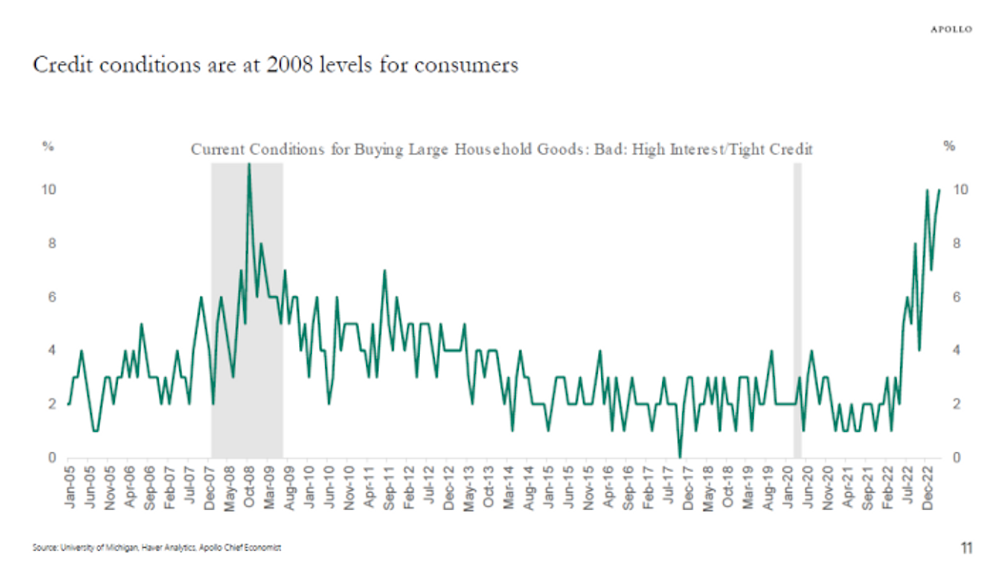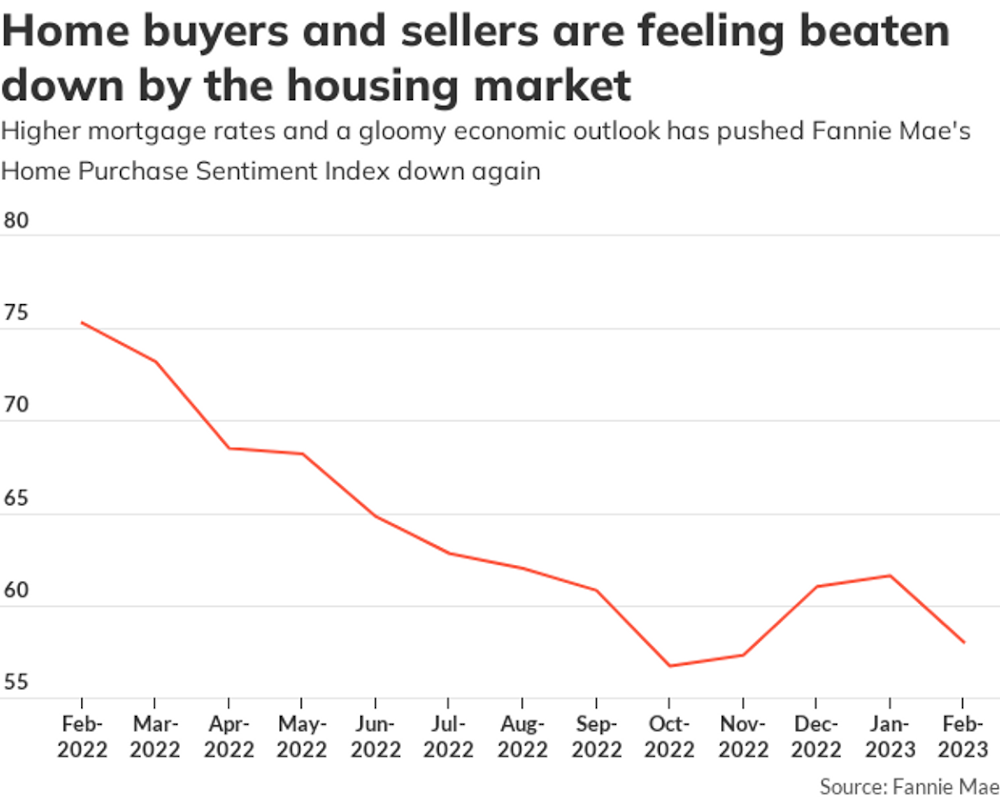WASHINGTON (MarketWatch)
The Federal Reserve later this week may release a proposal that would reflect a global agreement on bank capital requiring the largest institutions to hold large capital buffers, according to analysts.
However, regulatory onlookers are also keeping an eye out for any surprises that may be attached to the proposal such as whether the central bank would propose the biggest U.S. banks also hold a form of so-called “contingent capital,” a special kind of capital that would act like a bond in good times but convert automatically into common equity in a crisis.
The form of capital is also known as “bail-in capital” because it would force the institution to give itself an injection of common equity in a crisis, thereby avoiding the need for a taxpayer funded capital infusion.
Brian Gardner, analyst at Keefe, Bruyette & Woods Inc. in Washington, said it is possible that the Fed could require contingent capital as part of their release.
“Within the Federal Reserve system, my view is that the New York Fed has been the biggest advocate for contingent capital,” Gardner said. “ And if they don’t do contingent capital now, that doesn’t mean they won‘t revisit it down the road.”
At issue are Federal Reserve capital rules for the largest banks.
The rules are based on a global agreement for big bank capital, known as Basel III, named after the city in Switzerland where past agreements have been formed.
At issue, in part, are a deal international regulators reached in July that would require the biggest and most important global banks to hold a capital surcharge of as much as 2.5% of common equity on their balance sheets, by 2019.
That agreement supplemented an existing Basel III requirement for global banks to hold the strictest form of common equity capital of 7% of their assets, also by 2019.
According to the Basel committee, regulators would be free to require contingent capital as an additional “loss absorbency requirement” but they don’t have to. Meanwhile, the Financial Stability Oversight Council, a group of U.S. regulators charged with identifying future risks to the economy, is required by bank reform statute to complete a study on contingent capital by July 2012.
KBW’s Gardner said he doesn’t believe the proposal will provide much of a surprise because he expects it to follow the Basel III proposal requirements. A Federal Reserve spokeswoman declined to comment.
The proposal, which is expected to be hundreds of pages long, will also provide more details on a host of other requirements for banks, such as liquidity requirements for big banks, financial institution stress tests and new capital requirement for large systemically significant non-banks that have yet to be named.
According to reports, early Basel estimates the amount of extra capital the biggest banks will hold will vary based on the institution in question.
The U.S. banks that will need to hold between 1% and 2.5% extra capital are Bank of America Corp. , Citigroup Inc. , Bank of New York Mellon Corp. , Goldman Sachs Group Inc. , J.P. Morgan Chase & CO. , Morgan Stanley , State Street and Wells Fargo & Co
Donald Lamson, a former Office of the Comptroller of the Currency official and an attorney with Shearman & Sterling LLP, said it is possible the Fed will encourage the use of contingent capital as part of the bank capital proposal.
However, Lamson said that banks – unless they are required to issue it – may be reticent to issue it because of a lack of interest.
Lamson said for the hybrid security to be effective it must be priced more expensively than the most junior debt, because, in the event of a crisis, the security would be converted into common equity, leaving the owner in the same position as the other common shareholders.
“You’re buying an instrument that does not have the upside of equity in a good market, but if everything goes poorly you are on a par with the common equity holders who are at the back of the line,” Lamson said.
In a good economy, Lamson noted, the holder of the hybrid security will receive the face value plus interest. He added that the Fed may ask a series of questions related to contingent capital, such as what event should trigger the conversion or what common equity price does it convert into.
Stressed banks -- and non-banks
The proposal may also provide more details about some stress tests, Gardner said. The Federal Reserve last month said it would be requiring the largest U.S. banks with $50 billion or more in assets to stress test their books against a deep recession. The central bank will require 31 bank-holding companies to submit their capital plans for review.
How the institutions do on these tests will determine the extent to which they can provide dividends and share buybacks. Six of the largest banks with big trading operations will have the toughest tests. They will conduct stress tests of their trading book, private equity positions and counterparty credit exposures as of Nov. 17, 2011, the Fed said.
In the expected Fed release, the central bank is expected to provide more details about requirements for certain designated big non-banks with more than $50 billion in assets to conduct their own stress tests.
JPM and C
would be subject to 2.5% buffers, BAC would have a 2% buffer, GS/MS/BK would have
a 1.5% buffer, and WFC and STT would have a 1% capital buffer. These buffers would
be applied to the 7% Tier 1 Common minimums already established
Welcome
stock market phases theorem.
Chief Artificial Intelligence.
Academic training in Fundamental Mathematics.
IA basada en Razonamiento Humano
Billie, Founder with academic training in Fundamental Mathematics and professional experience in Large Multinationals in the Information Technology sector, having held positions in high-level management positions, maintains that it is time to reduce Unproductive Public Expenditure and help the Private Sector in everything that is possible.
Cortesía de Investing.com
Cortesía de Investing.com
Agenda Macro
Calendario económico en tiempo real proporcionado por Investing.com España.




















1 comentario:
Los bancos americanos pierden la batalla de Basilea, según WSJ
La Reserva Federal está dispuesta a aceptar las nuevas reglas sobre regulación bancaria global del Comité de Basilea, según publica Wall Street Journal (WSJ). Esto implicará que los bancos americanos deberán mantener en su balance cantidades adicionales de capital. El rotativo explica que “la decisión del banco central de aceptar las reglas del Comité de Basilea es una derrota para los grandes bancos, que consideran demasiado estrictas esas medidas". Los bancos americanos afirman que las normas de Basilea perjudicarán a la economía estadounidense, ya que reducirán su actividad crediticia y limitarán el crecimiento
Publicar un comentario